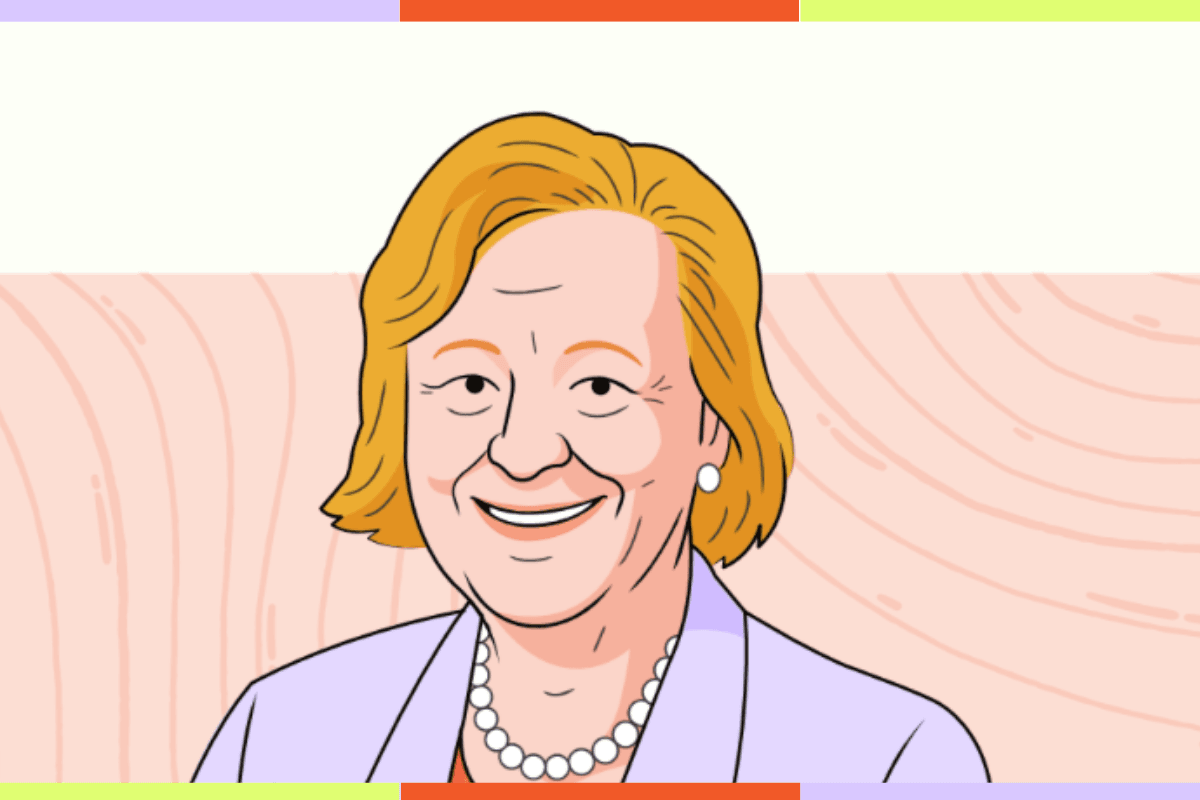Jan Beagle: Partnerships, Progress, and the Path Ahead

Share
From “GWL Voices at Beijing 1995: Stories of Leadership, Legacy, and Change” read the full interview to Ms. Jan Beagle thirty years after the Fourth World Conference on Women in Beijing, 1995.
Ms. Jan Beagle, GWL Voices member and Director-General of the International Development Law Organization (IDLO), was responsible for coordinating preparations for the Fourth World Conference on Women in 1995 within the Executive Office of the Secretary-General.
1. From your vantage point coordinating the conference within the Secretary-General’s office, what do you think made the Beijing moment possible?
The Beijing moment was possible because it was a time when the international community was able to reach consensus around the importance of women’s rights and gender equality in driving change. 189 governments endorsed the Declaration and the Platform for Action. A key factor was that social change movements, especially the women’s movement, were strong and governments from North and South were in listening mode and willing to commit to what were visionary documents. Ambassador Kittani’s deep experience as a national diplomat and senior UN official, as well as as a former President of the General Assembly, and his relationships of trust with multiple governments, was an important factor contributing to the success of the conference.
Sadly in today’s polarised world, with multiple crises and conflicts, it is difficult to imagine that this consensus would be possible.
2. What lessons from behind the scenes do you still carry forward today?
My main takeaway is the importance of the broadest possible partnerships, among governments, civil society, private sector, etc, as well as the crucial role of the UN in providing diplomatic leadership to find common ground and expedite agreement.
3. What do you see as the most urgent challenges facing women’s roles in global leadership today, and how can your experience from Beijing 1995 help shape the future for the next generation?
Progress has been slow and uneven. At this year’s HLPF I moderated the session on SDG 5 and it was clear that accelerated action is needed on SDG 5 as an enabler of the whole 2030 Agenda. Key issues include increasing leadership of women in political, economic and judicial spheres; eliminating discriminatory laws and policies; expanding participation of women and girls in technology; closing the financing gaps; and improving data for evidence-based decision making. And again the importance of partnerships and the whole of society approaches.